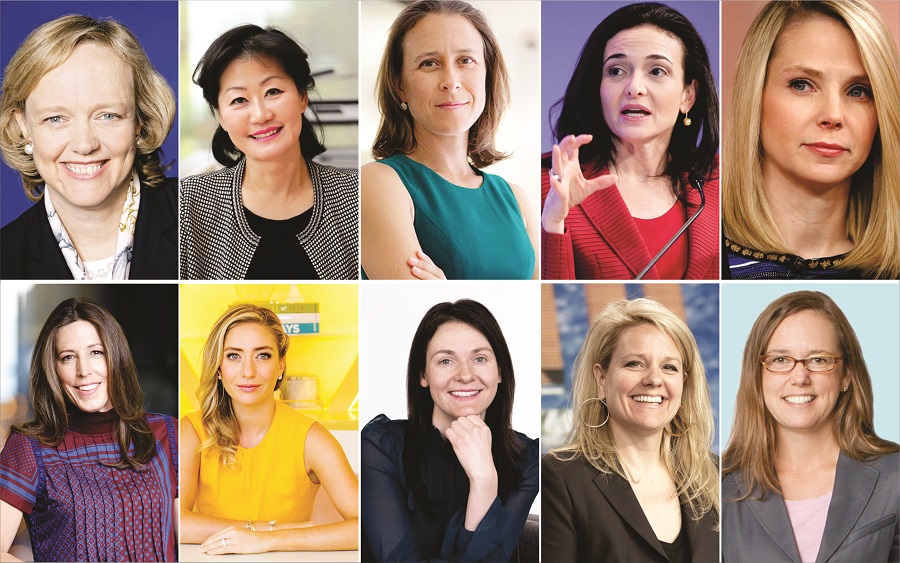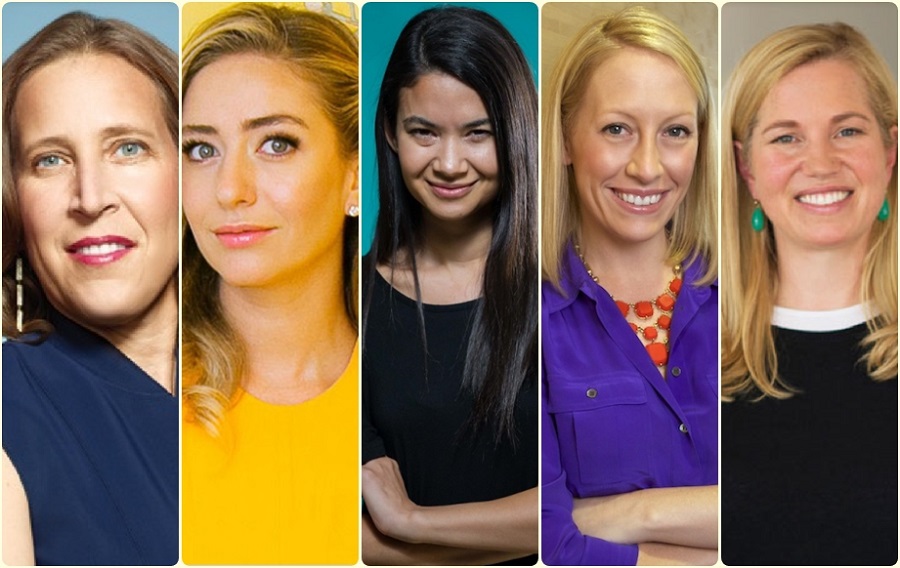Whitney Wolfe Herd started her business while she was in college, selling bags made from bamboo to support the victims of the BP oil spill in 2010. She managed to get celebrities including Rachel Zoe and Nicole Richie to pose with the bags, which quickly gained national attention for her brand.
The entrepreneur continued to show her love for charity by forming a non-profit organization, ‘Help Us Project,’ with celebrity stylist Patrick Aufdenkamp. Several years later, she partnered with Aufdenkamp to launch Tender Heart, a clothing line to raise awareness about human trafficking and fair trade.
After graduating with a degree in international studies, she went on to work for a startup called Cardify, which supported loyalty cards via an app. After it was shut down, some of the employees applied the technology to dating apps, and formed the tech startup Tinder, which she joined as vice president of marketing. She is reported to have come up with the app’s name and ensured its popularity on campuses with pizza parties and flyers.
In 2014, she resigned from Tinder and sued the company for sexual harassment. She was awarded US $1 million as part of the settlement, as well as stock in the company. During the same year, she founded Bumble, a dating app catering to women. Wolfe was only 24 at the time, but she had the backing of Andreev Baddoo, who congratulated Wolfe on her success and told her that he was interested in working with her after her suit was settled out of court.
She marketed Bumble as a friendlier dating app for women and sold it as the place where girls were looking for their dates and it worked. Whitney knew how to brand, so she brought Bumble balloons to parties and branded T-shirts to sororities. They ordered and delivered pizza to Greek houses on weekends, and at this point, the app was still in the building process.
Whitney did what most passionate entrepreneurs do: she believed in her business, branded and marketed it as if it already existed. Although the partnership with Andreev assured her of funding, she put in the work and brought Bumble from her mind to reality by visiting colleges and identifying the right audience to relate to.
Wolfe wanted Bumble to be more than just a dating app; she wanted it to be a place where you could meet anyone for whatever purpose you desired.
Earlier this year, Bumble launched Bumble BFF, which lets people connect with people who share similar interests. Later this year, the company introduced Bumble Bizz, designed to help people connect with potential business contacts.
Wolfe has shown countless times that she is very particular about branding, in 2019 the company lobbied the Texas legislature to pass a bill that imposed a fine of $500 dollars on anyone who sent obscene photos on the internet without consent, she believes that Tech should be rooted in branding and she continues to maintain the Bumble brand as a safer dating app where women make the first move.
Bumble is run by a marketing and branding expert, but most of its users reside in the United States with very little presence in Africa, particularly in West Africa. Even more interesting is fact that many Africans have never heard of the app. Women in traditional African settings are expected to wait and hope that they will be contacted first, and men are expected to make the first move. The Bumble app is founded upon an opposite philosophy and could thus, be a game-changer if it is widely adopted in the continent.
The emergence of social media platforms such as Facebook, Twitter, Instagram, and others has opened up the possibility for people of all ages to connect with whoever they desire. However, because of the age-long mindset that germinated from a culture where women are not expected to be the chasers, many African women still hold back from reaching out to men that they are interested in and are forced to interact only with the men who are interested in them. Despite their desires, their mental constraints prevail.
The simple philosophy and paradigm shift that the app represents is probably its biggest selling point for the African market and why it could quickly become a gold mine in the continent.













